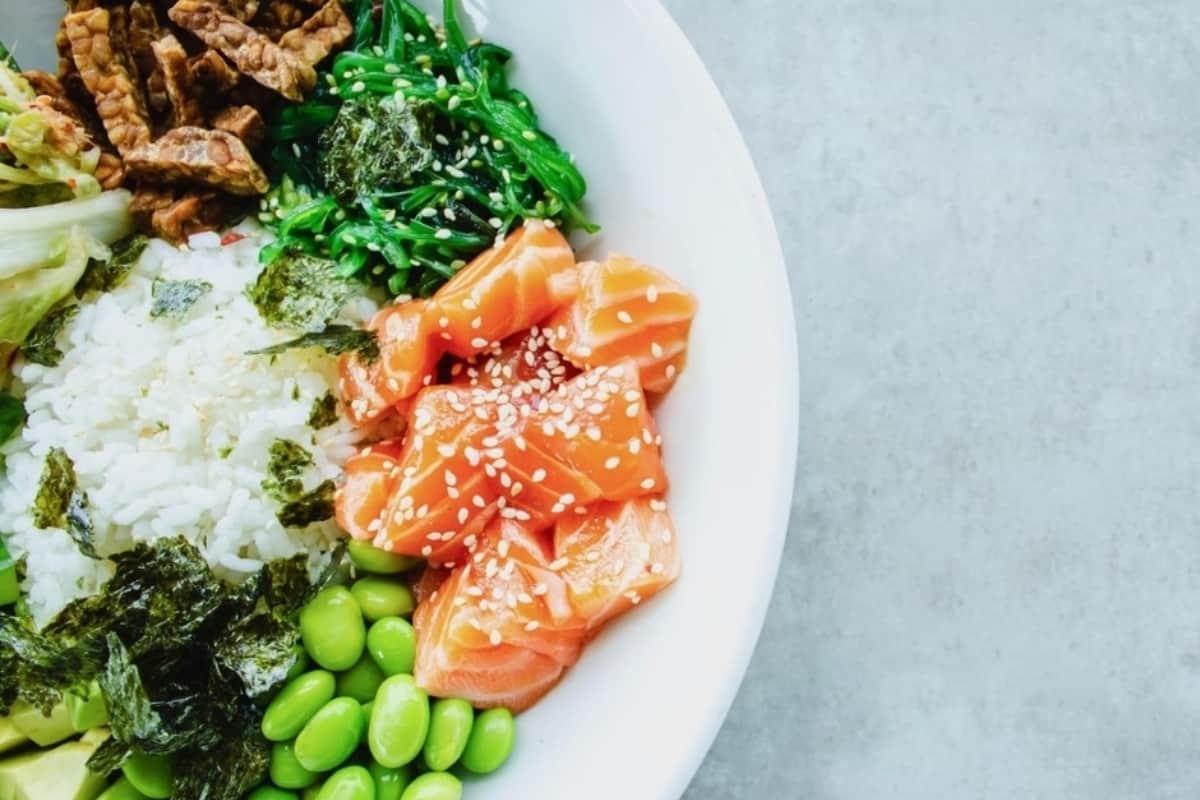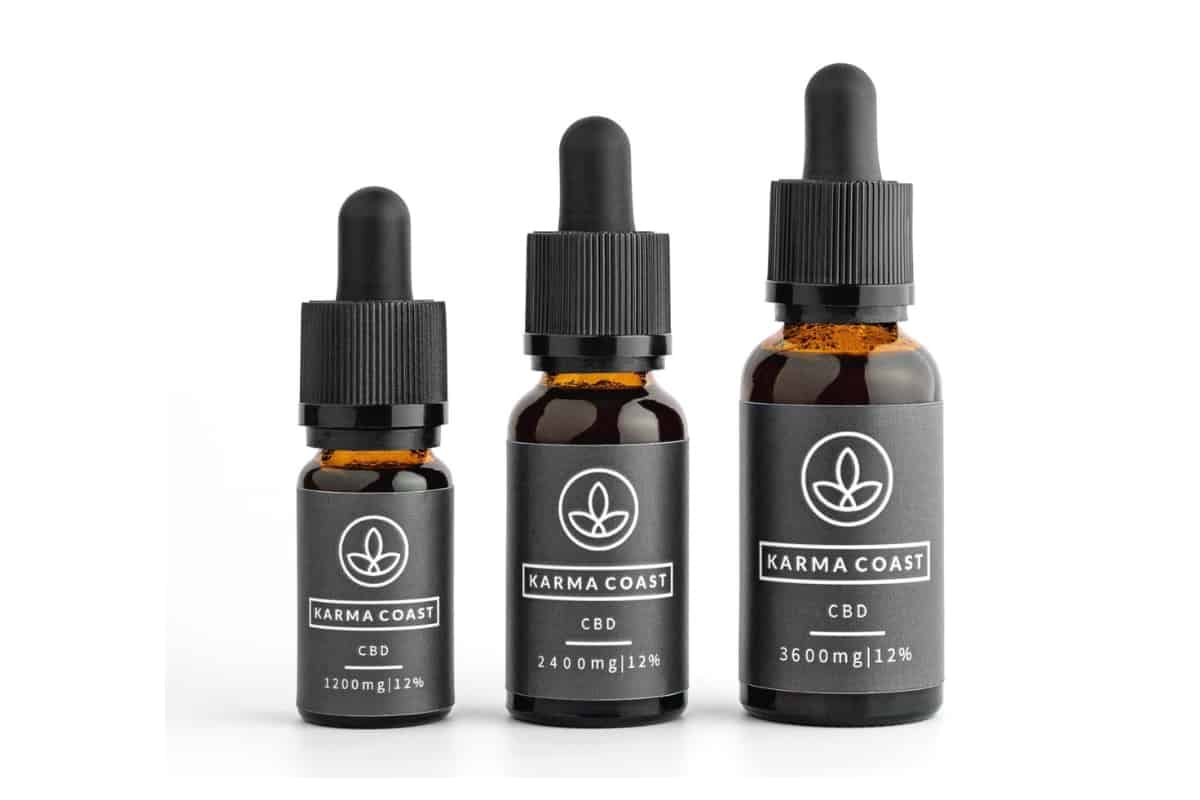CBD AND INFLAMMATION, HOW DOES IT WORK?
Written By : Magdalena Dopierala, MSc
Over the last year, CBD oils, balms, and vaporisers have become increasingly popular, and the public’s knowledge of their benefits and uses has become more widespread. However, as with anything popular, spreading misinformation can become counterproductive to introducing people to the evidence-based benefits of CBD. With that in mind, does the use of CBD oil help inflammation in the body, and does CBD oil boost your immune system? These are two important and widely used selling points for CBD oil, but do we have enough evidence to substantiate those claims, or are they hype?

First, we need to understand what inflammation in the body is and its underlying mechanisms and causes. Not many people understand that living with inflammation or inflammatory disease is a great daily struggle. It’s not only people living with well-known severe illnesses such as osteoporosis or chronic joint pain that we should care about. Inflammation can be stimulated in the body by a surprisingly large number of factors, such as stress, pollution and many other environmental factors that can trigger the body’s inflammatory response. Effectively, our bodies might fight chronic inflammation without us even recognising it.
SO, WHAT IS INFLAMMATION AND WHAT MAKES IT CHRONIC?
We can imagine a car’s dashboard engine lights to understand inflammation better. When the light comes on, that tells you that something with your car is wrong. To solve the problem, we don’t take the flashing light out because that light is not the problem. It is an indication of the problem. We found the part of the car that was faulty, and that triggered that warning light. This is just how we can look at inflammation in the body. Something in our body tells us something is wrong, and we must find the underlying problem, not ‘take out the light’.

Inflammation is an essential part of the body’s defence mechanism. It is a protective response in which the immune system recognises that something in your body is harmful and/ or foreign and wants it removed. It is our evolutionary way that the body tries to protect itself from infections and illnesses. When our body detects a threat, our immune system goes to war and triggers a cascade of events, throwing everything it can to ‘defeat’ this invader. The immune response can be so extreme, however, that it can often cause unintended damage to the body and its tissue in its protection itself, and often, that self-damage is worth the sacrifice of preventing the harmful threat from spreading.
With inflammatory diseases and symptoms, there are two main types: acute and chronic. Most of us are familiar with acute inflammation, a short-term inflammatory response. When we experience acute inflammation, we feel pain and warmth, and the area of injury gets red and often swells up due to increased blood flow. The immune system then gets triggered to produce what is known as ‘an immune cascade’ where immune cells flow to the affected area in the bloodstream to remove the threat and grow new cells and inflammatory molecules to support that process. When our immune system is healthy, it knows how to sense danger, and inflammation is turned on and off naturally. Acute inflammation fights infection protects the body and helps speed up healing.
In contrast, when the body receives continuous signals that there is something harmful present in our system, we then experience chronic inflammation. Chronic inflammation is long-term inflammation, which can last from several months to years, or sometimes even a lifetime. In this process, the immune system continuously releases white blood cells (which, unlike red blood cells whose function is to carry oxygen around the body, white blood cells are the ‘defenders’ and protect the body against illness and disease) and chemical messengers that prolong this process. When this happens, white blood cells can frequently attack the person’s healthy cells, tissue and organs.
The World Health Organisation (WHO) ranks chronic diseases as the greatest threat to human health. To date, chronic inflammatory diseases are the most significant cause of death in the world, with cases increasing every year. Worldwide, 3 out of 5 people die due to chronic inflammatory diseases and medical conditions (WHO). The effects of chronic inflammation vary due to the cause of the individual’s injury.
To simplify, let’s go back to our imaginary car. If you damage your car, a mechanic fixes it. If we damage our body, our immune system comes to our aid to ‘fix it’, eliminating and potential infection. Low-level inflammation can also be referred to as “suboptimal health”. You are not at your best when your body is putting a good deal of its energy into fighting an infection.
Typically, inflammation is treated with anti-inflammatory medications, including both non-steroidal anti-inflammatory drugs (NSAID) and steroidal medications. Like all medications, these have risks and side effects, which can sometimes be severe and life-altering. However, some people choose to take a more preventative approach to treat inflammation, such as choosing to adhere to an anti-inflammatory diet and taking anti-inflammatory supplements, so could CBD be beneficial in the natural treatment of inflammation and autoimmune conditions?

CBD AND INFLAMMATION
And the answer the evidence points to is yes. One study stated, “CBD is known to be an anti-inflammatory, and it is likely one of the safest medicines to provide such an effect” (Verbora, 2020). There have also been several studies in cell cultures, rodents, and humans that support the idea that CBD is an effective anti-inflammatory and that it supports immune health. Every day, more scientific research data is published, showing how CBD works and the best applications for CBD in different specific types of inflammation.
From all the published data and research, we know that cannabinoids are potent anti-inflammatory agents and that they exert their effects through the induction of apoptosis (which is a ’programmed cell death, in which the body can induce changes in a cell which in turn causes that cells ‘death.’) as well as inhibition of cell proliferation, suppression of cytokine production and induction to T-regulatory cells.
Published scientific research has shown a number of ways that cannabinoids can play a beneficial role in inflammation.
CBD has been shown to reduce inflammation by inhibiting an eicosanoid enzyme called COX2. NSAID medications, such as Aspirin, also target COX2 in their method of action. CBD also appears to affect a class of molecules important to the inflammation process called cytokines. CBD has been shown to reduce the effects of pro-inflammatory cytokines, thereby reducing inflammation,
CBD can also reduce the body’s production of inflammatory tumour necrosis factor (TNFα), which has been linked to inflammatory damage in arthritis
CBD can also influence a wide variety of molecules by stimulating the PPARγ receptor linked to our DNA and gene expression. CBD’s therapeutic potential for Alzheimer’s disease, multiple sclerosis (MS) and ulcerative colitis have been linked to the PPARγ receptor. Research shows that stimulation of PPARy is responsible for the reduction of inflammatory molecules while increasing the production of antioxidants which is of immense benefit in inflammatory associated diseases.
It’s important to add that many research projects are currently underway to establish how cannabinoids work within our endocannabinoid system (ECS). Our ECS is a regulatory system that is linked to certain areas of our brain, our central nervous system, and vital organs. The interaction between the two is currently the key factor in ratifying CBD’s anti-inflammatory properties.
Essentially, CBD as a supplement to support an anti-inflammatory routine works best when combined with a comprehensive fight against inflammation. Other scientifically proven ways to control inflammation include:
1- Improve your diet – load up on anti-inflammatory foods like vegetables and fruits. Examples of these are garlic, blueberries, celery, turmeric, rosemary and ginger and Omega – 3 fatty acids, including salmon, tuna, flaxseed and walnuts. These foods are often found in a Mediterranean type diet.
2 – Control your blood sugar – avoid simple carbohydrates like refined sugar, white flour, white pasta, white rice and fructose.
3 – Exercise regularly – make time to exercise 3 – 5 times a week. Low-impact exercises like cycling, swimming, yoga are enjoyable and effective. Exercise does not need to be intense and difficult to help the body.
4 – Manage your stress – Chronic stress is known to cause inflammation. Take time each day to think about the good things in your life. Make sure to take breaks throughout your day to try and manage stress. Try meditation and yoga.
CBD DOSAGE FOR INFLAMMATION
If you are new to CBD, we encourage you to speak with a cannabis professional first. You can contact us here for a free consultation. You will get full and comprehensive guidance on how to treat chronic pain and inflammation and what will be the best way to achieve your desired results. Keep in mind that topical CBD products, like balms and creams, maybe a better option. Unlike tinctures and inhaling solutions, topical products don’t enter your bloodstream. If you currently take prescription medication, like statins or calcium channel blockers, it is essential to seek medical advice from a medical professional, GP or pharmacist. Check if your medications have a grapefruit warning, they are common, but not all of them require avoidance. If you have any doubts at all, it is best to seek medical advice first, and it is important to remember that studies are still ongoing to determine potential interactions between medications and CBD, although as of yet, no harmful interactions have been found.

DOSAGE
Dosage recommendations for individuals depend on a number of factors, including their body weight, physical condition, and age. Therefore, the right recommendation for the amount of CBD depends on your individual needs and your body’s response to CBD. Generally suggested guidelines for a healthy individual are 10-30 mg CBD daily. However, we always recommend slowly adjusting your dosage until you find your optimal dosage level. Simply start with a small dosage and increase gradually until you reach the desired effect.
Share This Post

